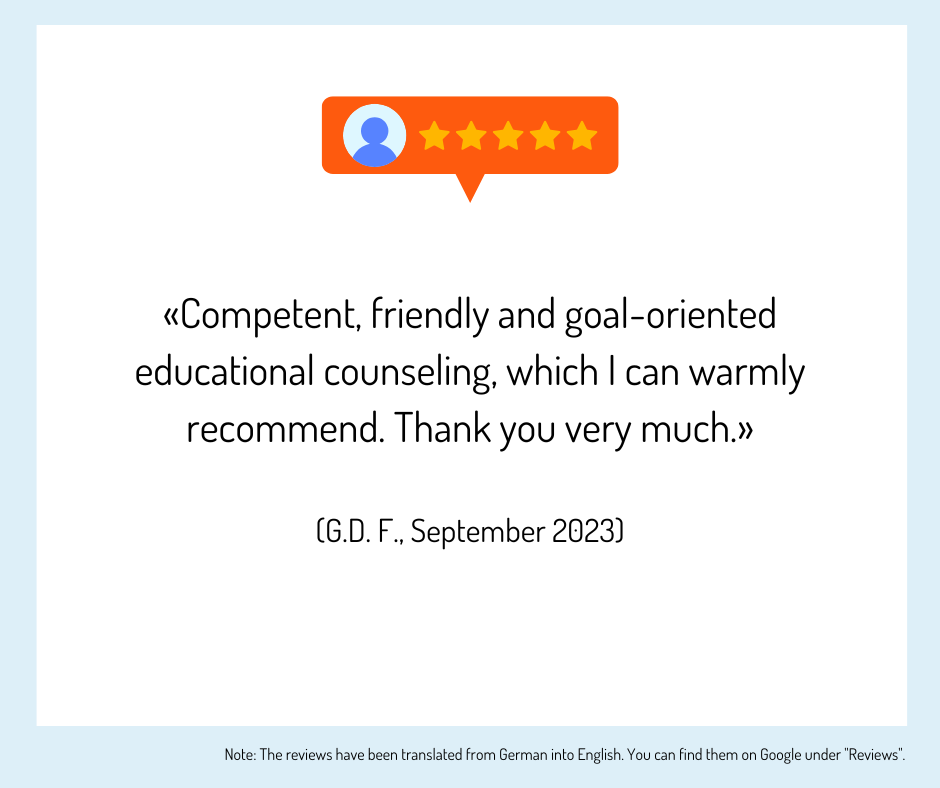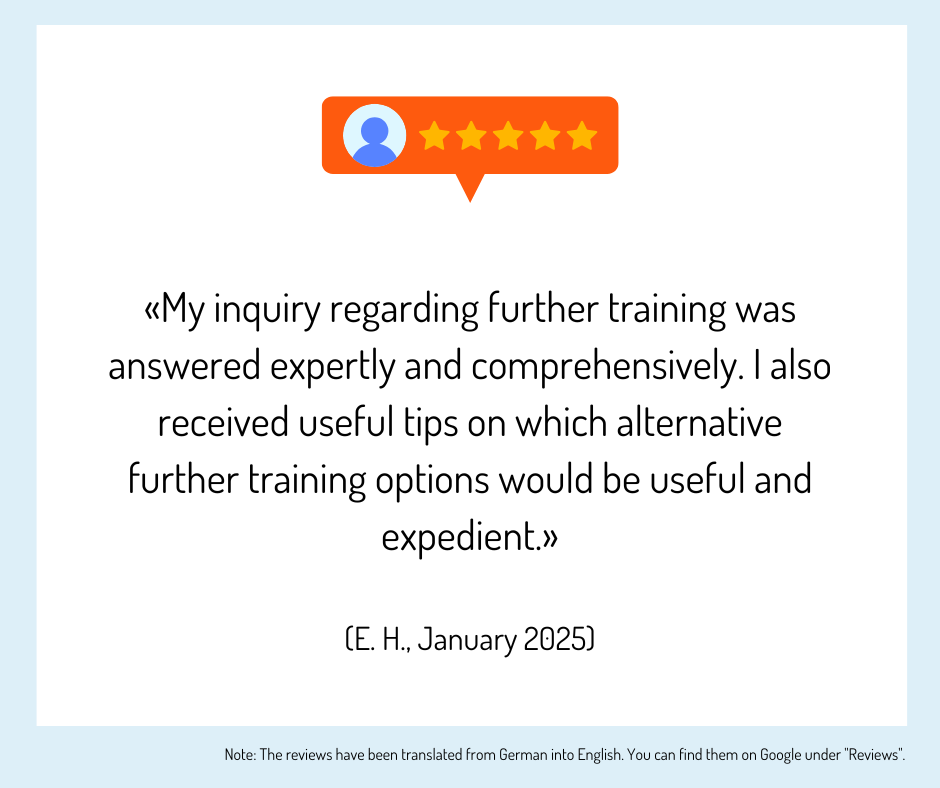Social support (BP) (Region Zürich):
2 Provider
Request convenient free information on Social companions: training, costs, professional examination from the providers of your choice below now.
Sofort zur richtigen Weiterbildung
Education location / Schools Zurich
Questions and answers
Where can social workers find a job?
Social assistants are employed by private individuals as well as by social services, private organizations, churches, social and health institutions, child and adult protection authorities, guardianship authorities or health leagues.
How long does the training to become an FA social companion take?
Continuing education, further training to become a social worker with a federal certificate takes between 65 and 90 days, spread over 2 to 3 years, depending on the school. You should therefore enquire directly with the school of your choice about the duration of the course.
What previous training must participants in the FPE to become a social companion have?
In order to be admitted to the Federal Professional Diploma of Higher Education (FPE) in Social Care, participants must have completed an apprenticeship as a care specialist Federal VET Diploma, health specialist Federal VET Diploma or another equivalent qualification in the health or social sector and have subsequently worked in the social sector for at least two years with a minimum 50% workload in care and support. In the case of a reduced workload, more years of professional experience must be demonstrated. Alternatively, an upper-secondary level qualification followed by at least three years of professional experience of at least 50% in the aforementioned field can serve as an admission requirement. In this case too, the professional experience must be extended accordingly with a lower workload. In both cases, the professional experience must have been gained within the last five years prior to registering for the examination, with a maximum of 25% documented voluntary work.
What qualification do social workers obtain after their training?
After passing the Federal Professional Examination in Social Support, graduates are awarded the protected title of "Social Support Worker with Federal Professional Certificate".
What does the training to become a social companion involve?
During the continuing education, further training to become a social companion, participants train their personal resources and personality, including in the areas of communication, self-management and conversation skills. Trainees are taught theories, approaches, methods and specialist knowledge relating to social support and its practical implementation. This includes, for example, methods of support management, project management and social work, as well as the confident use of budgeting, forms, documentation, protocols and checklists. Prospective social workers also gain knowledge on topics such as psychopathology, social law, work with the elderly, addiction, intercultural competence, migration, treatment approaches, co-dependency, severe crises and work integration.
What activities does a social companion carry out?
A social companion with a Federal Diploma of Higher Education supports people in coping with everyday life in their own home. Social support is therefore outreach-based and designed for longer-term support, both with individuals and with families or groups. Social companions support their clients in coping with everyday life, organizing leisure activities and social gatherings, whereby the client's self-determination is always paramount. Social companions pay attention to the needs of the people they accompany, encourage them in their contact with others and in recognizing and using their own resources. As they work on behalf of others, they must be involved in the planning, documentation and evaluation of their work and, if necessary, involve other professionals.
Information, tips and tests for the further training course "Social companion (BP)"
Erfahrungen, Bewertungen und Meinungen zur Ausbildung / Weiterbildung
Haven't found the right training or further education yet? Benefit from educational advice now!
Further training is not only important in order to maintain or increase professional attractiveness, investing in training or further training is still the most efficient way to increase the chances of a pay rise.
The Swiss education system offers a wide range of individual training and further education opportunities - depending on your personal level of education, professional experience and educational goals.
Choosing the right educational offer is not easy for many prospective students.
Which training and further education is the right one for my path?
Our education advisory team will guide you through the "education jungle", providing specific input and relevant background information to help you choose the right offer.
Your advantages:
You will receive
- Suggestions for suitable courses, seminars or training programs based on the information you provide in the questionnaire
- An overview of the different levels and types of education
- Information about the Swiss education system
We offer our educational counseling in the following languages on request: French, Italian, English
Register now and concretize your training plans.












